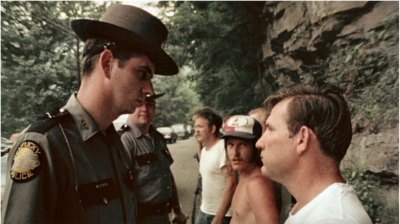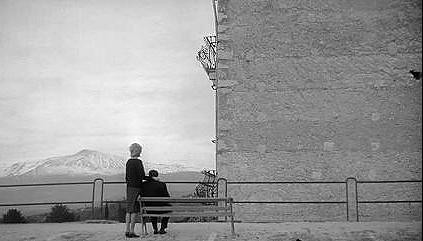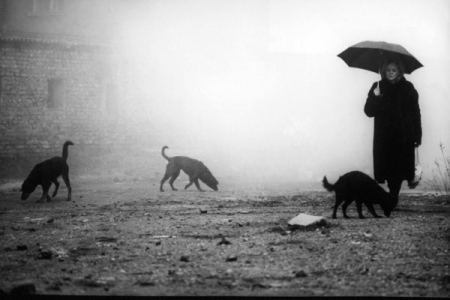Director: Barbara Kopple
This is a classic documentary about organizing coal miners that so simply and effectively takes on the cause of the working class against the corporations. The union is the one institution that has the potential to actually fight corporations and win, and this great movie displays how hard the corporations will push back against organizing workers. The movie displays the tactics that the corporation will use in order to put down the unions and to please their shareholders, it reminds me of governments who will do anything to put down uprisings, including using violence.
The film is best at showing the difficulties in the lives of these coal miners and the sacrifices and effort they must go through to get what they need for themselves, which is respect and fairness. Launching a movement against such a powerful company can be very difficult, and more often than not immense sacrifices must be made to get that, sometimes they even include death. We really end up getting to know some of the miners most involved in the situation, and I really enjoyed the very personal songs the film would play that were written and sung by coal miners and their wives. Barbara Kopple took some great risks in making this film, including risks to her physical self, and it really pays off because this is one important documentary.
Grade: A

















